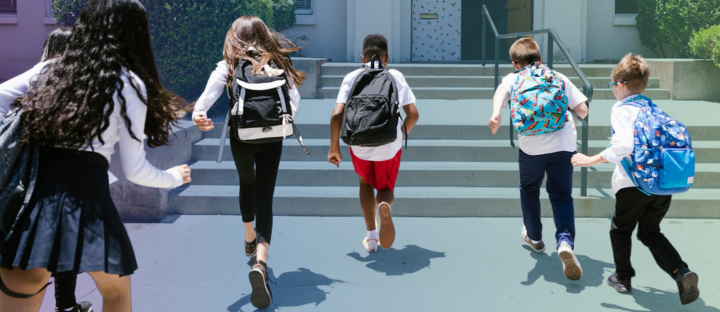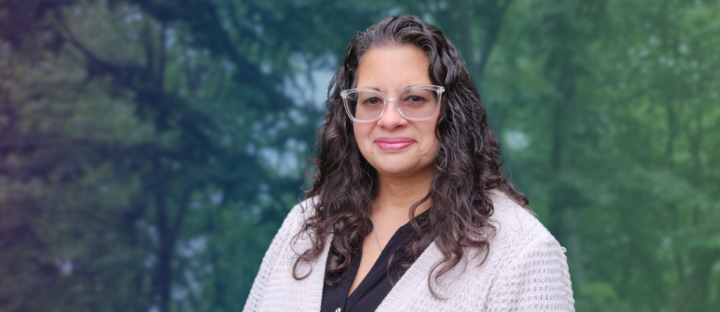This week’s edition of Prevention Pulse brings attention to funding decisions, overlooked prevention strategies, and the escalating impact of xylazine in nearby Pennsylvania. From statewide controversies to grassroots action, we’re covering the latest developments shaping addiction prevention and behavioral health. You’ll also find details on upcoming CEU trainings for CPS professionals and new Wellspring blog…
Read MoreEmerging Risks, Policy Changes, and Prevention Insights | Prevention News June 27, 2025
This week’s Prevention Pulse newsletter covers new policy efforts to prevent teen gambling, research on screen addiction and suicide risk, and notable updates in overdose prevention and enforcement. Addiction News & Policy Updates: Week of June 23 New Jersey Aims to Tackle Teen Gambling Addiction New Jersey lawmakers have introduced a bill requiring high schools…
Read MoreThe Role of Family Members in Supporting Seniors With Mental Health Issues
Watching a loved one struggle with mental health or substance misuse can be especially difficult when that loved one is an aging parent or senior relative. As a family member, you play a vital role in supporting senior mental health and helping older adults navigate the unique challenges that come with aging. From understanding the…
Read MoreHouse Bill, Harm Reduction Tools, and a New Prevention App | Prevention News June 20, 2025
This week’s Prevention Pulse highlights legislative action, technological innovation in treatment, and local prevention success stories. From Capitol Hill to Staten Island, new efforts are underway to disrupt overdose trends, modernize access to care, and deliver prevention tools directly into the hands of those who need them. We’re also spotlighting two upcoming CEU opportunities and…
Read More9 Ways Busy Professionals Can Practice Self-Care
Long hours. Tight deadlines. Constant notifications. When you’re always on the go, self-care often gets pushed aside. But a few small shifts in your daily routine can make a big difference in your health, focus, and energy. This article offers nine simple, effective self-care strategies tailored for busy professionals. From setting boundaries to boosting your…
Read MoreA High School Senior’s Battle With Anorexia: ‘I Just Wanted the Noise in My Head to Stop’
Veronica, a high school senior from Monmouth County, is speaking out about her experience with anorexia in hopes of helping other young people and their caregivers recognize the early signs of eating disorders. As she prepares to study nutrition in college, she is using her personal story to advocate for awareness, prevention, and compassionate care….
Read MoreOlder Adults and Cannabis, Phillipsburg Remembers, and More | Prevention News June 13, 2025
As summer begins, conversations around prevention, public health, and family well-being remain front and center. In this week’s edition of Prevention Pulse, we take a closer look at rising cannabis use among older adults, evolving trends in psychiatry, and local efforts to support recovery and remembrance in New Jersey. We’re also highlighting upcoming CEU trainings…
Read MoreNY Overdose Deaths Drop, Teen Screen Time Tips, and Pink Cocaine Alert | Prevention News June 6, 2025
The latest issue of Prevention Pulse offers timely updates on addiction trends, mental health, and community wellness. Published weekly by Wellspring Center for Prevention, this newsletter keeps families, professionals, and advocates informed and engaged in building healthier communities. Addiction News & Policy Updates: Week of June 1, 2025 Each week, we spotlight key developments that…
Read MoreBack-to-School Tips for Parents
Here are some back-to-school tips for parents looking to help their children prepare for the new school year.
Read MoreGLP-1 Poison Alerts, Opioid Funding & CPS Training | Prevention News May 30, 2025
The latest issue of Prevention Pulse offers timely updates on addiction trends, drug safety concerns, and upcoming prevention training opportunities. Published weekly by Wellspring Center for Prevention, this newsletter keeps families, professionals, and community leaders informed and engaged in building healthier, more resilient communities. Addiction News & Policy Updates: Week of May 25, 2025 Staying…
Read MoreWellspring Names Nuris Rodriguez-Pabon as New Executive Director
Wellspring Center for Prevention welcomes Nuris Rodriguez-Pabon, LCSW, as its new Executive Director, bringing 20+ years of leadership in public health, mental health, and community care.
Read More










